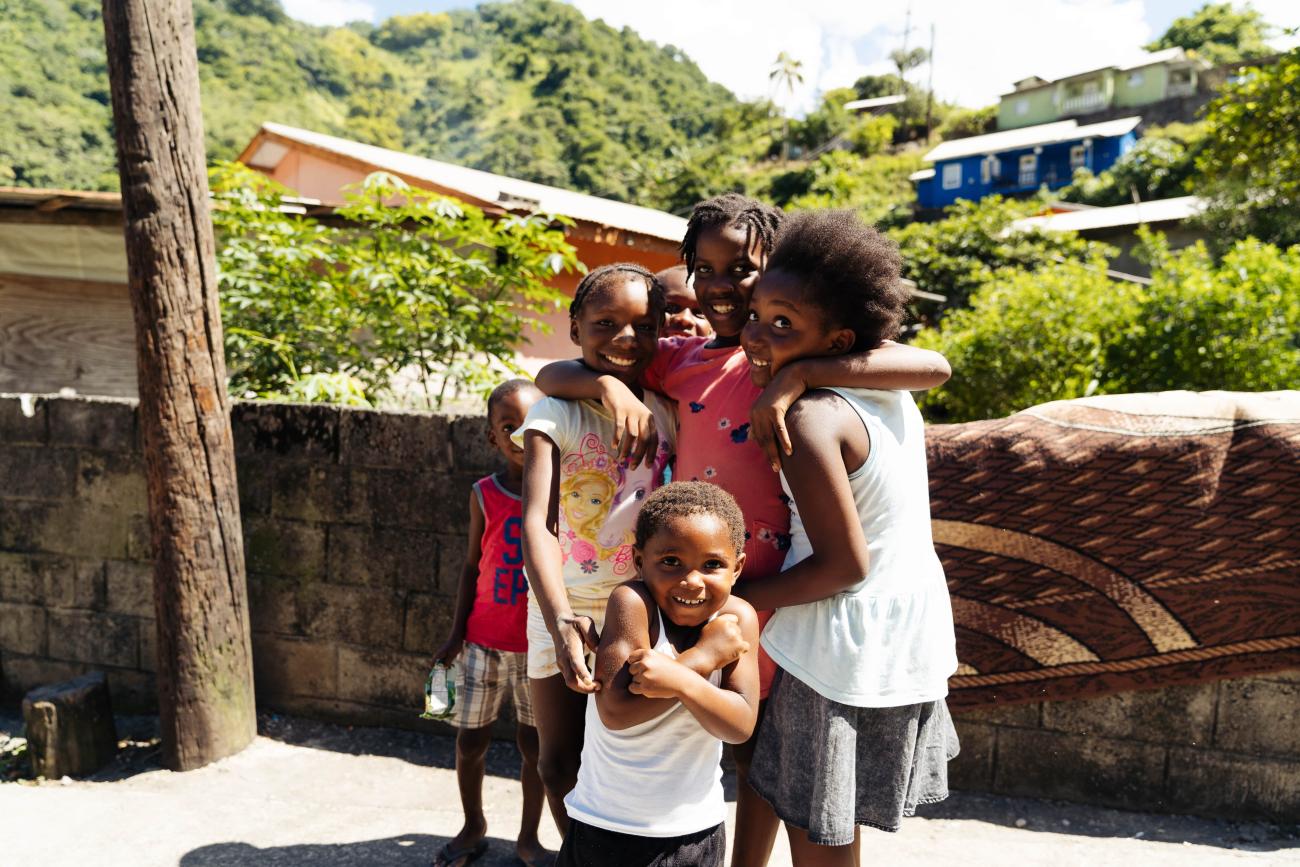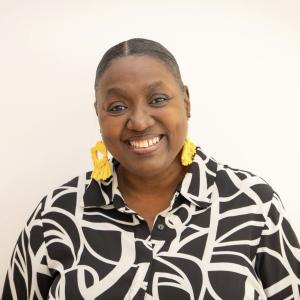Under the aegis of the UN reform, and within the context of the UN Multi-country Office for Barbados and the Eastern Caribbean, Resident Coordinator Didier Trebucq has been leading the repositioning of the UN development system in support of 10 Caribbean countries, to increase their resilience to climate change, recover from external shocks, mobilize financing for development and foster integrated policy support for the advancement of the Sustainable Development Goals (SDGs).
Under the umbrella of the UN Sustainable Development Cooperation Framework (2022-2026) for the English- and Dutch-speaking Caribbean countries, which outlines a clear set of priorities and commitments for sustainable development in the region, the Resident Coordinator leveraged integrated policy support from the 18 UN entities to enhance resilience and protect the most vulnerable through more integrated programming, increased advocacy for small islands developing States and the mobilization of key resources. These included a best practice for the region with a USD 50 million COVID-19 Multi-sectoral Response Plan, supported by an integrated response and advocacy plan to address specific areas for socioeconomic recovery, including promoting vaccine uptake. It also included a USD 29.5 million UN Global Funding Appeal for a joint UN response to those impacted by the volcanic eruption in St. Vincent and the Grenadines. Most recently, the Resident Coordinator and the President of the Caribbean Development Bank convened a roundtable to address the impact of the triple food, climate and energy crisis that resulted in the creation of a consortium of UN entities, international financial institutions and other partners to offer concrete solutions and policy responses for strengthening food systems and boosting transition to renewable energy.
With access to development financing representing an ongoing challenge, over the past two-years the Resident Coordinator has led the UN sub-regional team in spearheading critical partnerships to increase access to financing for Caribbean small island developing States. For example, in partnership with the Caribbean Development Bank, a Multi-dimensional Vulnerability Index for the Caribbean was developed and is already being used to support evidence-based policy formulation, planning and decision-making, guiding the Caribbean Development Bank’s financing architecture and enhancing access of Caribbean small island developing States to the Bank’s concessional resources. The Multi-dimensional Vulnerability Index for Caribbean and other analytical efforts on the multidimensional vulnerabilities facing small island developing States, conducted by Resident Coordinators in these countries, have served as the foundation for the development of a Multidimensional Vulnerability Index at the global level, currently being finalized by a High-Level Expert Panel appointed by the President of the UN General Assembly.
Additionally, the Resident Coordinator has brought together an inter-agency team comprised of the UN Development Programme (UNDP), the UN Environment Programme (UNEP) and the Food and Agriculture Organization (FAO) to facilitate increased access to climate finance by deploying the Integrated National Financing Frameworks on the Blue Economy in three countries (Barbados, Grenada, and Saint Vincent and the Grenadines). A USD 10 million Blue Invest facility was created, under the aegis of the UN’s Joint SDG Fund with UNDP, FAO and the UN Capital Development Fund (UNCDF). An agreement was negotiated and signed by the Resident Coordinator with the Caribbean Development Bank on behalf of the UN system for the Dutch- and English-speaking Caribbean countries to foster innovative financing solution and, increase access to climate finance for climate adaptation. In addition, a sub-regional UN Global Compact network was established to mobilize and promote private sector engagement and private-public partnerships for the advancement of the SDGs.
To deliver on the UN’s commitment to better tailor support to critical challenges in each country serviced by the multi-country office, the Resident Coordinator negotiated and finalized with respective Prime Ministers 10 Country Implementation Plans aligned to the multi-country Cooperation Framework and national priorities. To scale up support for SDG acceleration, particularly on challenges affecting the region such as social protection, youth empowerment, digital and green transition, livelihoods and food security, the Resident Coordinator supported the UN team in expanding its physical presence: two UN Common Premises were established in Antigua and Barbuda and St. Vincent and the Grenadines, with increased presence by the UN Children’s Fund (UNICEF), the World Food Programme (WFP), and the UN Entity for Gender Equality and the Empowerment of Women (UN Women). Mr. Trebucq also led the deployment of additional coordination capacity in several countries: UN country coordination officers were deployed in six countries. The Resident Coordinator, with enhanced capacity across these six countries, also fostered the creation of 13 new UN Joint Programmes benefitting Governments across the region.




















